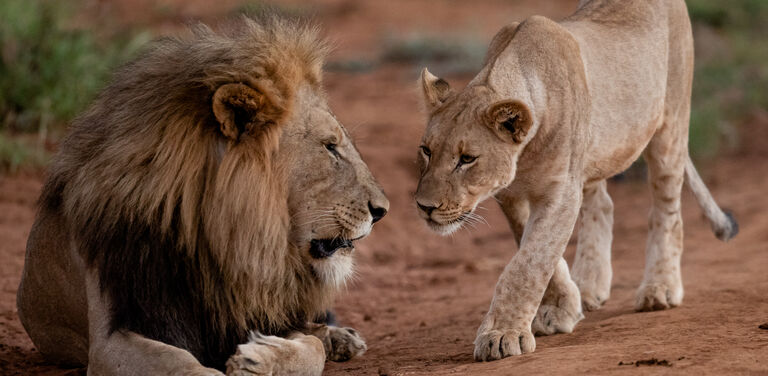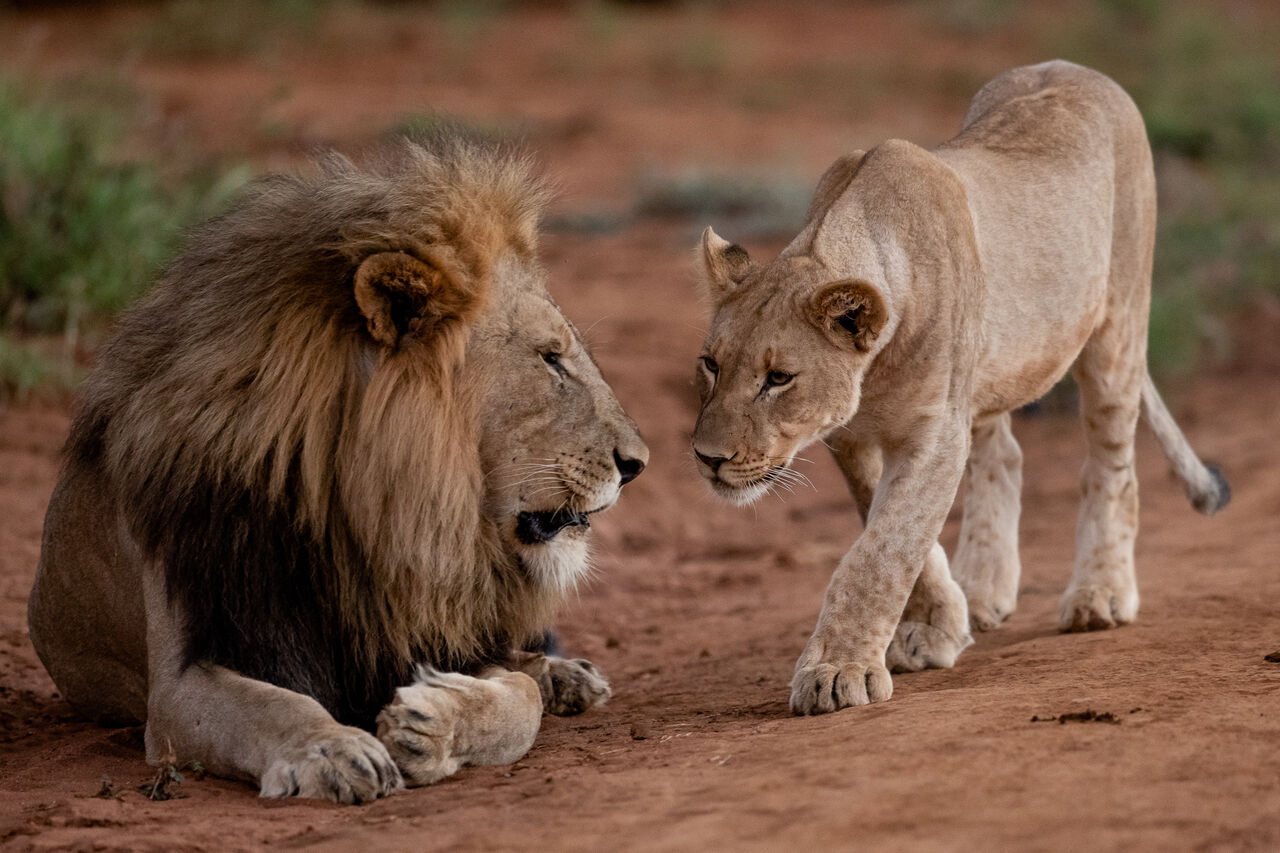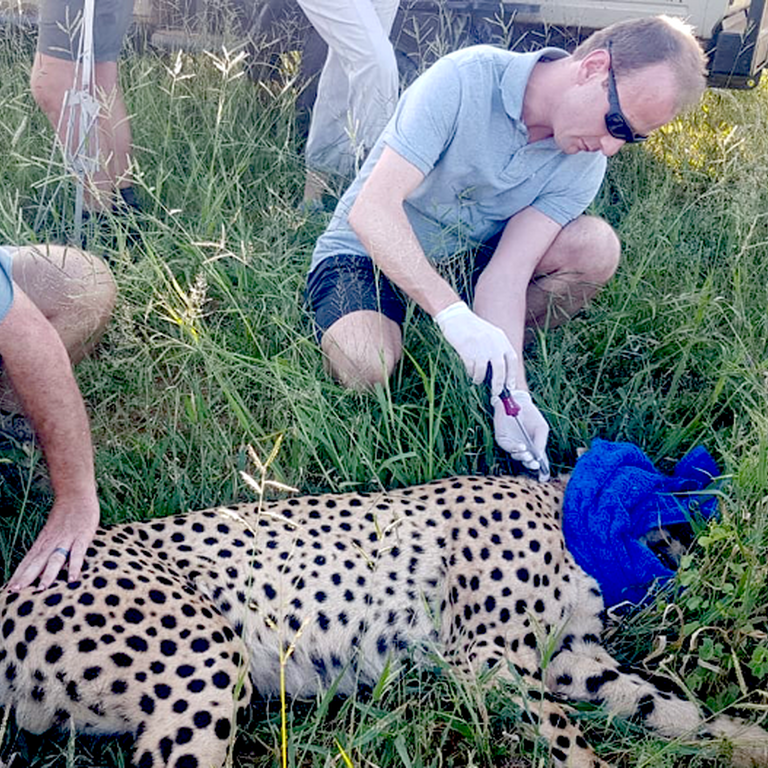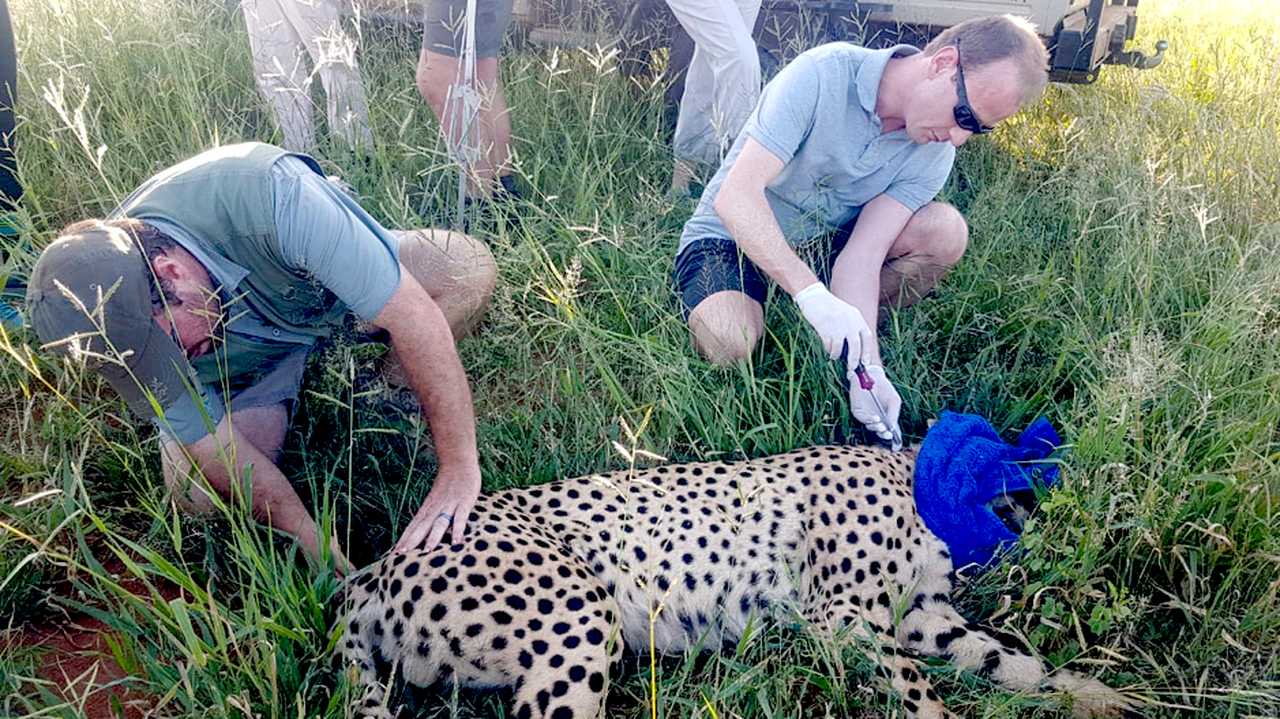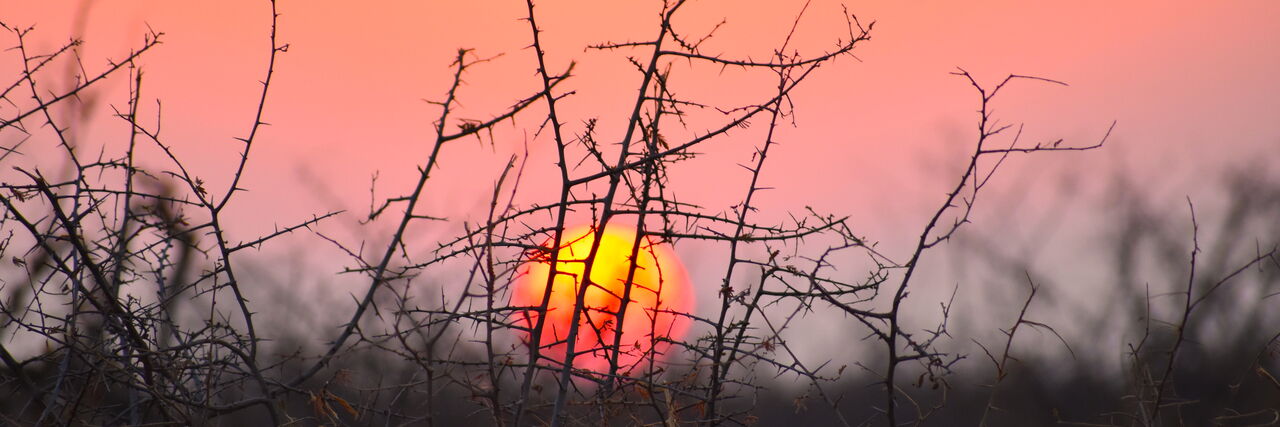
Operation Phoenix
Wildlife Translocation Establishes Madikwe Game Reserve
When the Madikwe Game Reserve was established in South Africa it precipitated Operation Phoenix, the largest translocation of wildlife by humans on earth, a feat that still holds the record today.
Prior to 1991, the area where Madikwe Game Reserve is today consisted largely of degraded cattle farms. As the area was not running efficiently, Settlement Planning Services commissioned a feasibility study to establish the best use of this land. The study showed that the development of wildlife-based tourism in the area and the creation of a game reserve would be most beneficial to local communities. What followed was the largest translocation project in the world – Operation Phoenix.
Over a period of seven years, Operation Phoenix reintroduced more than 8 000 animals of 28 species into the newly established Madikwe Game Reserve. The project achieved a number of world-firsts, with entire herds of elephant being relocated and the reintroduction of African wild dog into a fenced reserve.

Recapturing the Wild
Operation Phoenix is world-renowned as the largest and most successful wildlife reintroduction programme to date.
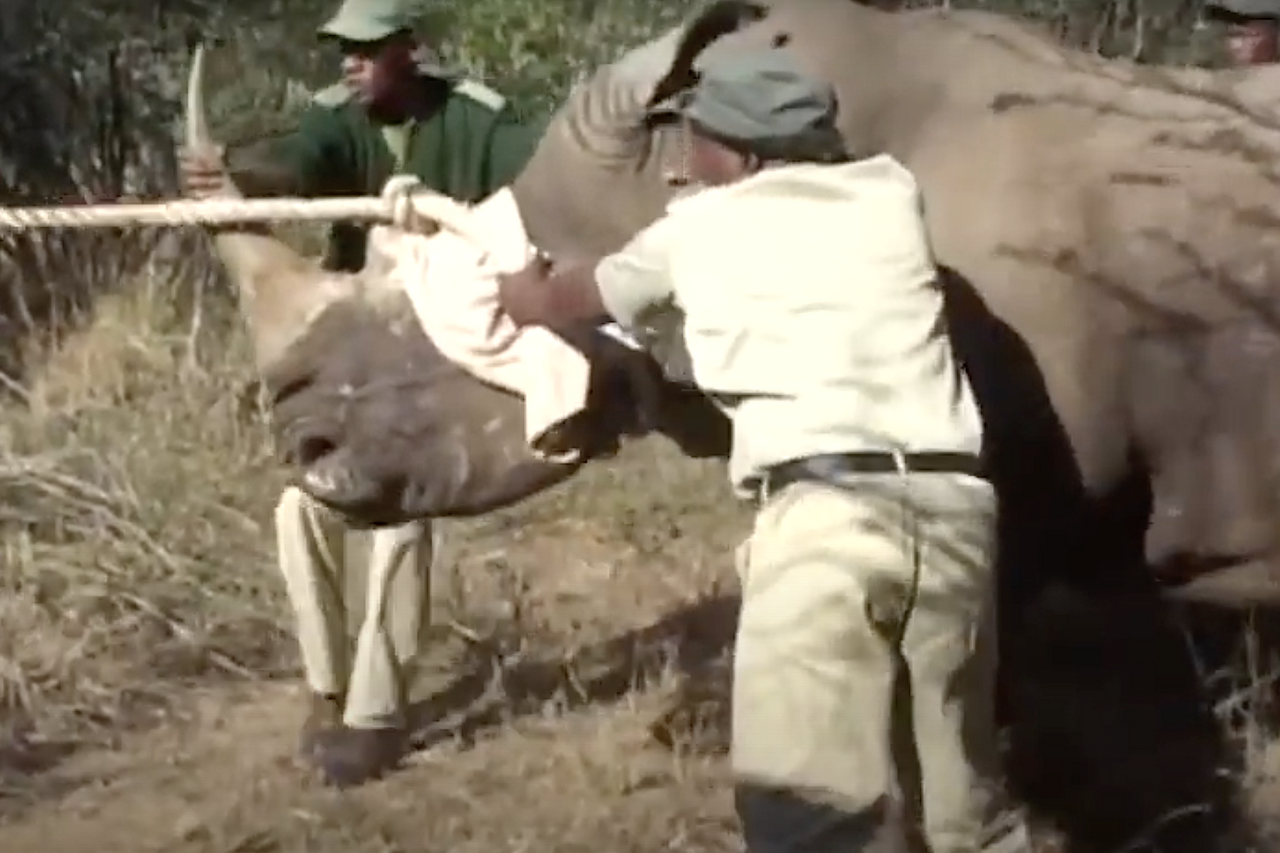
Operation Phoenix is world-renowned as the largest and most successful wildlife reintroduction programme to date. In fact, it has been so successful that Madikwe has been able to donate or sell some of its wildlife to other Southern African parks. Another positive result has been the establishment of Madikwe’s prosperous wild dog breeding programme.
The evidence of this translocation project is very clear to visitors to the park: Although Madikwe appears to have been a wildlife-rich reserve for centuries, this is all the result of Operation Phoenix.
